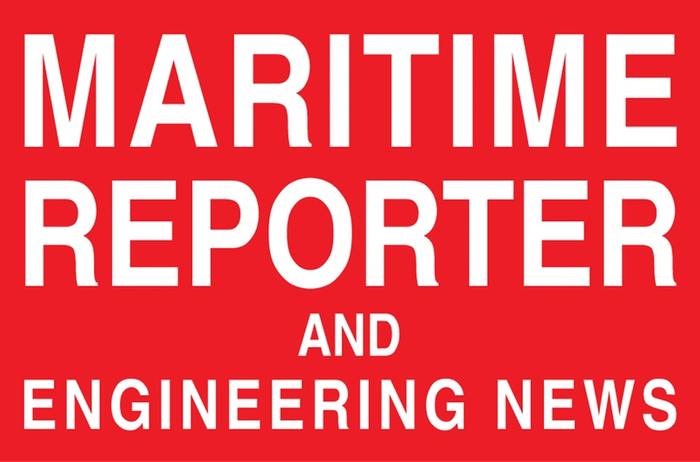Insights
Training Tips for Ships
Training Tips for Ships: Tip #52
Data-Driven Maritime Training: Assessments = Data
By Murray Goldberg, CEO, Marine Learning Systems
In the maritime industry, safety and performance are paramount. This is an industry where the margin for error is exceedingly narrow, as one misstep can potentially have significant negative outcomes. Recently, there has been a positive shift towards integrating technology and analytics in training and assessment, a move that promises to revolutionize our understanding of the effects of our training, and to improve safety and performance. A critical cog in this wheel is the intelligent use of regular assessments to identify and drive training requirements, thereby streamlining the process and reducing unnecessary training - a topic covered in last month’s edition of Training Tips for Ships. It is time for us to put a bigger spotlight on assessment.
A time-honoured phrase in the maritime industry is, "A well-trained mariner is a safe mariner." However, the definition of 'well-trained' is evolving. New technologies are creating an environment where it is no longer just about completing a set number of courses; it is about undergoing training that is tailored to the individual’s specific needs and skill gaps, as identified through a program of regular assessments. Each trainee is different from the other - with different learning styles, different abilities to absorb data and learn skills, and different backgrounds and experiences. Therefore a 'one size fits all' approach to training is not only inefficient, but also ineffective - potentially missing critical skill gaps. Here, regular, proactive assessment is our friend. Assessments can identify specific areas where a mariner needs to develop, allowing for the creation of a training program that is as unique as the needs of the individual.
But the value of regular assessment goes beyond the individual trainee. It can be a vital data-gathering tool used to identify missing cross-organization skills that are necessary for safe and efficient operations. We can use the data from targeted assessments to ensure that training modules are developed to cover common gaps and to assign specific training where it is needed.
It is also important to note that this approach not only ensures that needed training is delivered, but that we avoid unneeded training. By reducing unnecessary training we save time and ensure that the training imparted is more focused and hence, more effective. It is an efficient use of resources, aligning training needs with the individual’s capabilities and areas of improvement identified through assessment. This targeted, relevant training approach not only makes the training process more streamlined but also contributes to a more engaged and motivated workforce, as they see a direct link between the training undertaken and their personal abilities. Linking assessment results to assigned training demonstrates relevance and fosters a culture of continuous improvement through learning. It also helps build a repository of data over time that can be utilized to observe training performance trends, and to inform future training enhancements. In this way, regular assessments create a feedback loop, where learnings from one phase can be integrated into the next, creating a dynamic and responsive training framework. This helps to create a safety-centric culture, where everyone is empowered to contribute to the overall safety and efficiency of operations. Through regular assessments, we can build a culture where safety is not just a mandate, but a habit ingrained in the very fabric of operations.
In the pursuit of maritime excellence, let’s embrace the power of data and analytics to improve safety and performance. It is time to put assessment at the center of our training thoughts and processes. After all, assessments = data, and data, when acted upon intelligently = success.
Thanks so much for reading, and until next time, sail safely.

